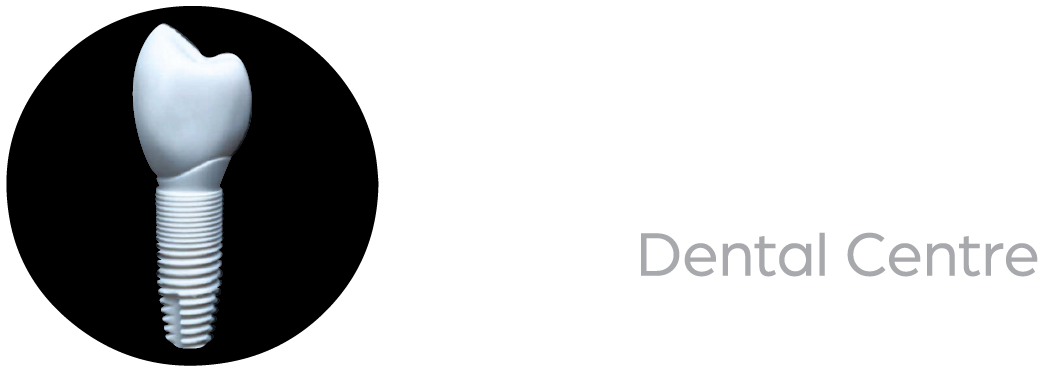SCALING & ROOT PLANNING
Scaling and root planing are the most common forms of treatment for gum (periodontal) disease. Gum disease is caused by a sticky bacterial film called plaque which is constantly forming on your teeth.
What Do We Do?
Scaling and root planing are the most common forms of treatment for gum (periodontal) disease. Gum disease is caused by a sticky bacterial film called plaque which is constantly forming on your teeth.
Scaling removes calculus (also called tartar) and plaque from the tooth surface above and below the gum line. Root planning improves the smoothness of the root's surfaces and removes any remaining calculus in your gums. This is important because plaque and calculus irritate the tissues of your mouth. Without treatment, this irritation leads to gum inflammation, gum recession, bleeding and eventual bone loss around the teeth.
The earliest stage of gum disease is called gingivitis. Although less than ideal, it is reversible with the right interventions. Gingivitis is characterized by bleeding gums, particularly when one brushes and flosses. If left untreated, it will progress to periodontitis, which is far more serious and damaging. This stage of gum disease is characterized by significant gum deterioration, bone loss, and ultimately tooth loss. These outcomes can severely impact your appearance and quality of life, not to mention increase your risk of other more serious health issues.
Who Is This For?
If you have gum disease or have not been to the dentist in some time, the amount of plaque and calculus to be removed may be extensive. In such cases, our dentists will numb the area or recommend sedation dentistry to make the procedure as comfortable for you as possible. A combination of sonic (high-frequency vibrations) and hand instruments will be used in tandem to remove as much build up as possible. The sonic instruments remove the larger deposits of plaque and calculus. Subsequently the handheld instruments remove any remaining tartar with precision and ensure all surfaces of the crown and root are clean and free of bacteria.
Depending on the amount and intensity of scaling needed, sensitivity and soreness may be present for a few days following your visit. Any discomfort can be relieved with standard over-the-counter pain medication.
A follow-up visit is highly recommended and is usually scheduled about a month down the line to check the improvement of gingival status. The main goals of this treatment are to eliminate the inflammation caused by plaque and calculus and minimize the bone loss around the teeth to minimize further build up thus maintaining the present bone level around the teeth.


